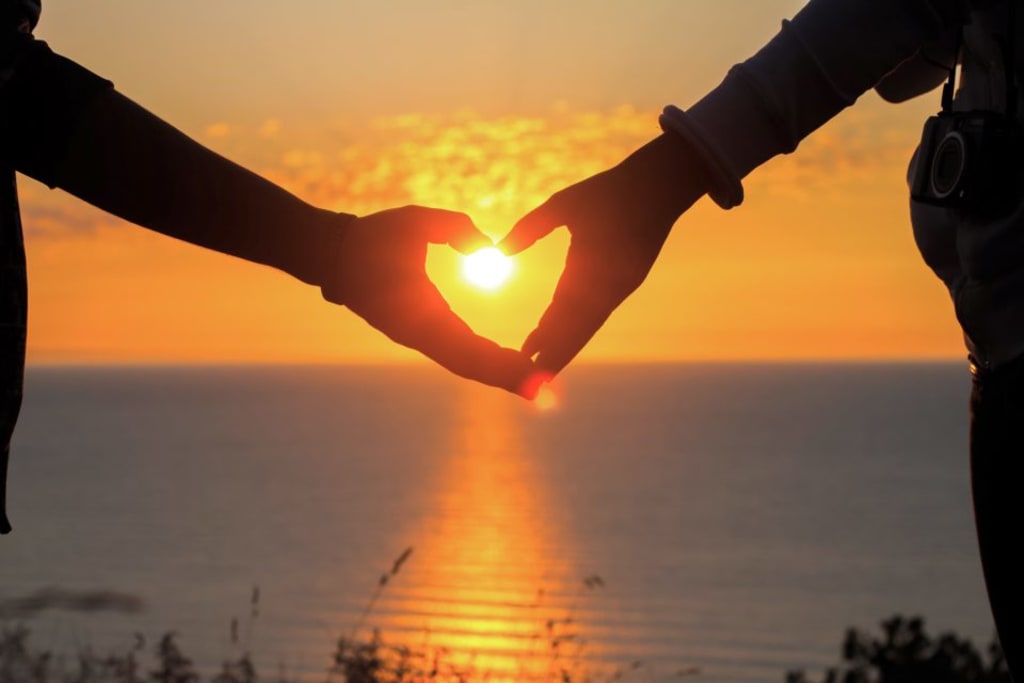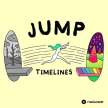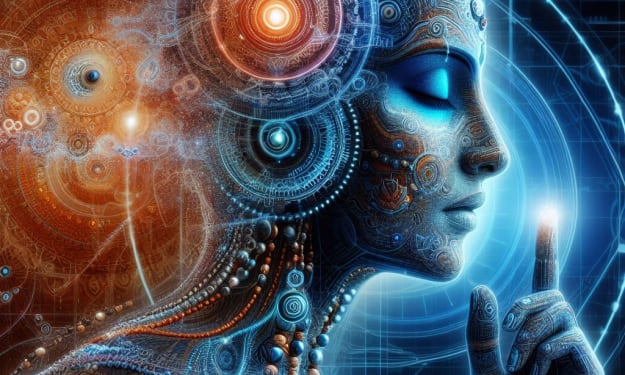The Love Hormone
What Makes You Fall in Love

ah Love is an Open Door All You Need Is
Love can't help but fall in love with you
Well, I bet you've heard all these songs before, but the basic idea behind them is the same: love is the greatest feeling of all, even if it breaks your heart sometimes, but you know what? Love actually has nothing to do with the heart, it has everything to do with the brain, so I'm going to explore with you the science behind this feeling that makes people write songs, paint masterpieces and do all kinds of crazy things I want you to imagine that your body has a factory, and now let's see what happens in there and what hormones and brain systems, sorry, I meant staff, come into play when you start a new relationship
Infatuation or passionate love, when you're deeply in love with someone, your brain activity in the ventral tegmental area goes up like crazy, in case youwere wondering. This is the reward and motivation area of your brain that gets activated when you eat something sweet and delicious or drink a cold glass of water when you're thirsty, and when it's turned on, happy hormones like dopamine are released, which in turn teach your brain, to repeat the same behavior in anticipation of you repeating it this increased VTA activity isn't only why you feel so energetic and overjoyed in love, but also why you can no longer stay away from your partner. The funny thing is that such high levels of dopamine are also responsible for insomnia and decreased appetitethis means that those exaggerated romance novels are sometimes right when they write that their characters are so in love that they can't eat or sleepThe first phase of your new relationship is also the time when you find it hard to see flaws in your partnerbut it has been proven that those who are in a new relationship have decreased and slower activity there. So it's no wonder you think your partner is perfect, even though your best friend may not like him or her that much due to the effect on the pleasure center of the brain, love lowers your pleasure threshold, which means you feel joyful and exalted much more easily and quickly You develop a more optimistic view of the world around you and get less angry about things That must be why we love it too, being in love The initial phase of love may be a whirlwind of fuzzy emotions and mental activity It usually lasts only a few months, then a new and longer-lasting era of attachment or compassionate love begins In this phase, your relationship evolves to a state where you feel more relaxed around and committed to your partner, thanks in large part to the attachment hormones vaxopressin and oxytocin, often referred to as the cuddle hormones, which signal feelings of connection, social support, and trust once these hormones come into play, the difference between romantic love and other forms of love disappears the reason for this is that they're also the hormones that help bond families and friendships, but their roles aren't limited to that oxytocin can also help release stress hormones, which is why you feel relaxed, when you spend time with your loved one However, this is also the stage where some issues in your relationship can become more apparent yes, you and your partner start to have a more honest understanding and a deeper connection, but with this new bond the previous suspension of judgment you had is also fading in other words your rosetinted glasses are becoming normal glasses which can lead to two different possibilities: Either you and your partner address your issues and create an even stronger bond, or you decide that you're no longer right for each other and go your separate ways






Comments
There are no comments for this story
Be the first to respond and start the conversation.